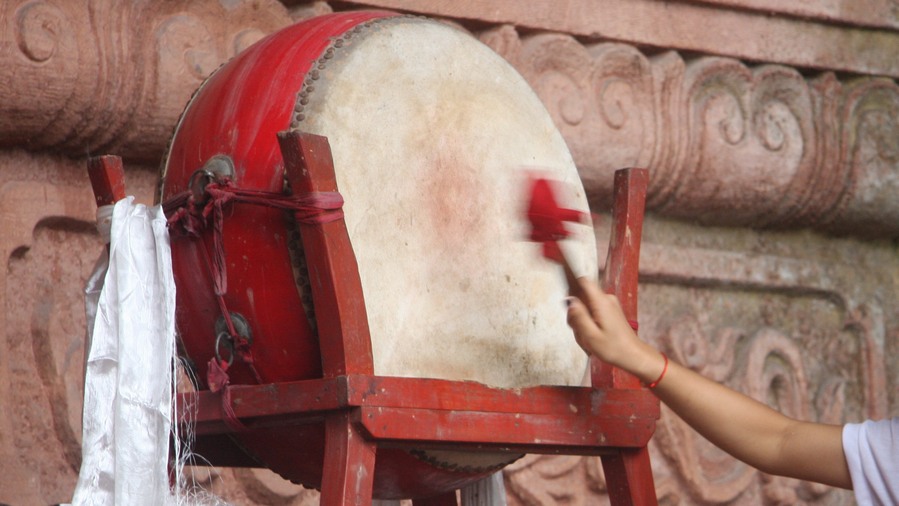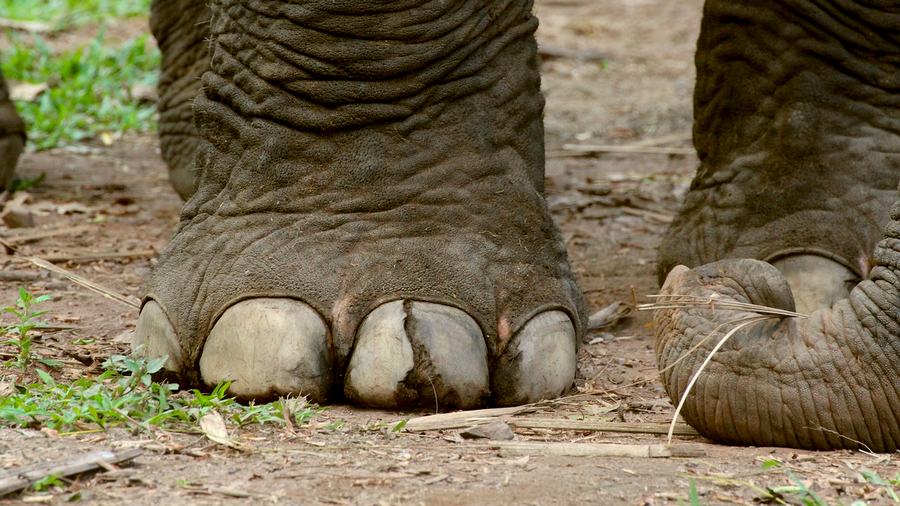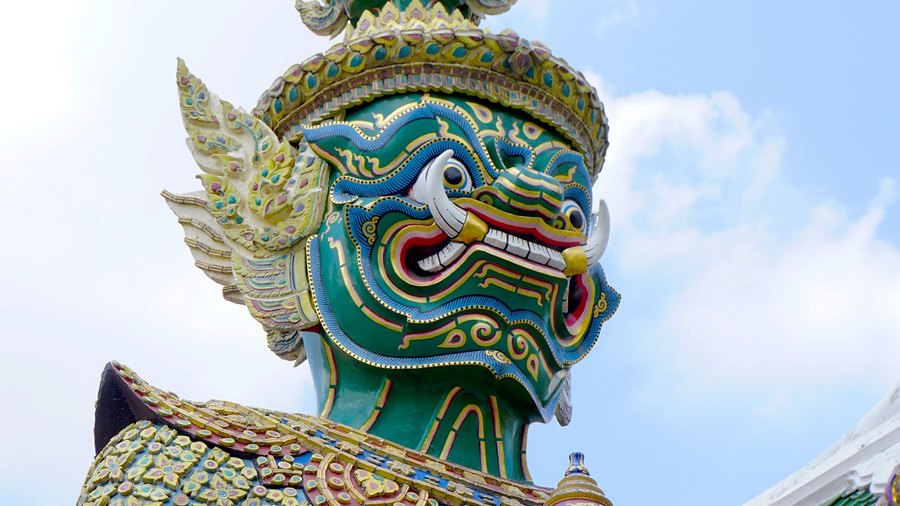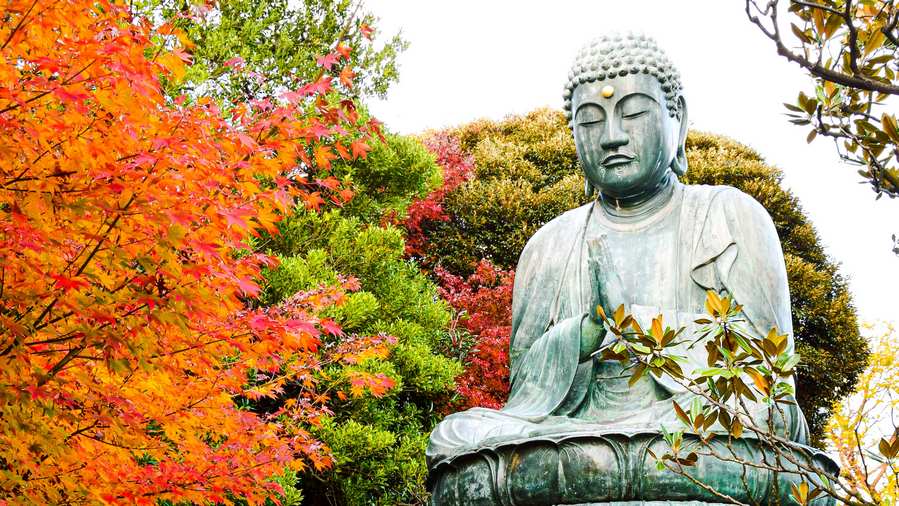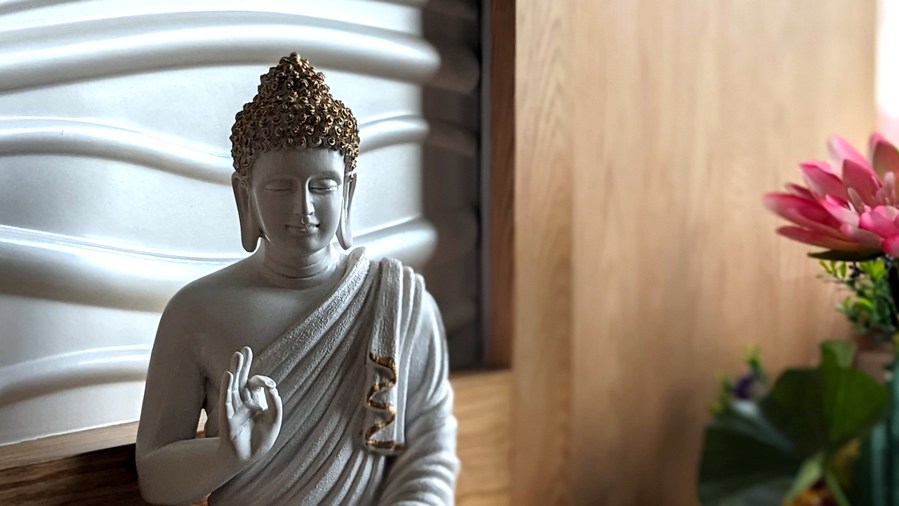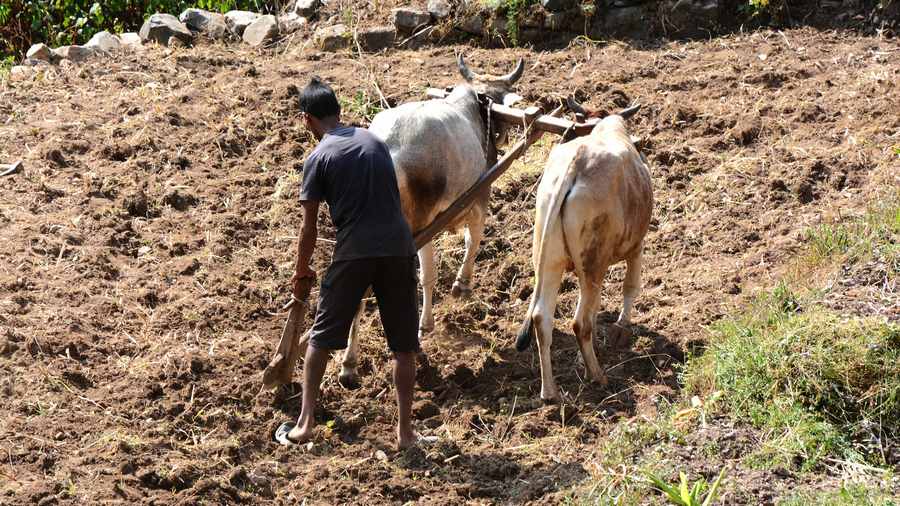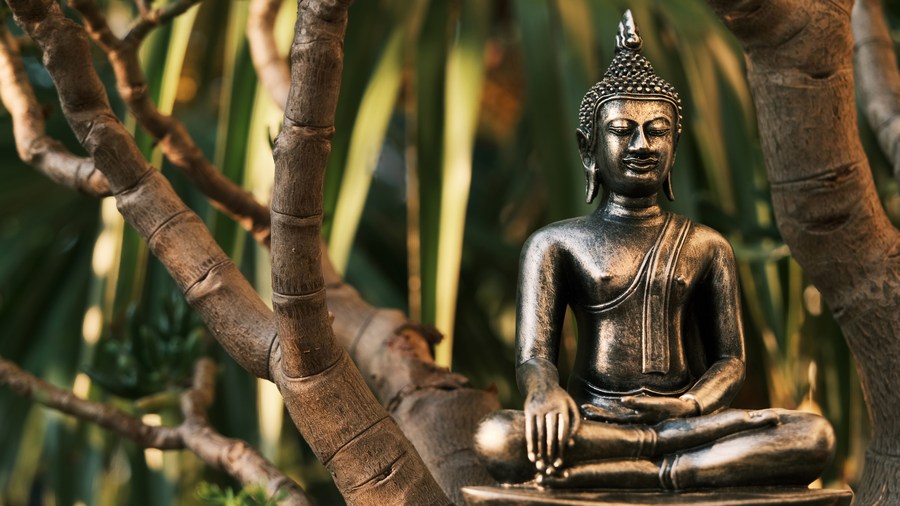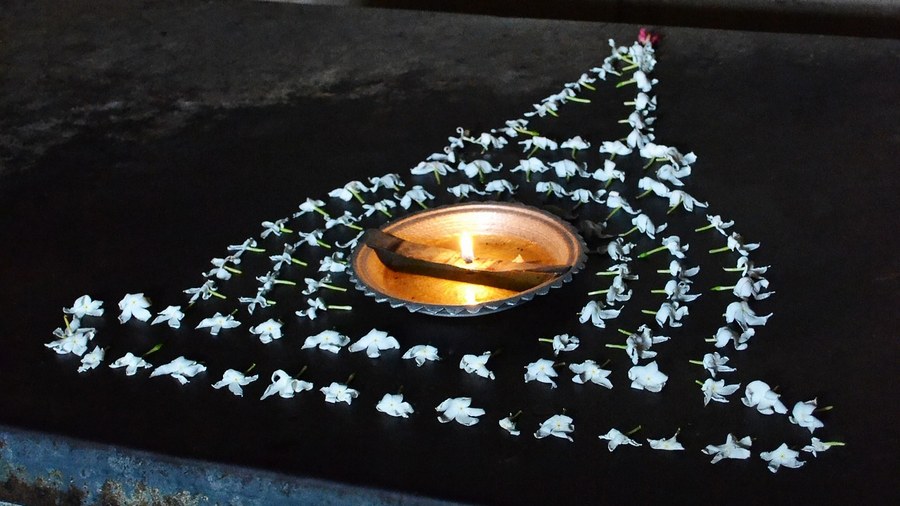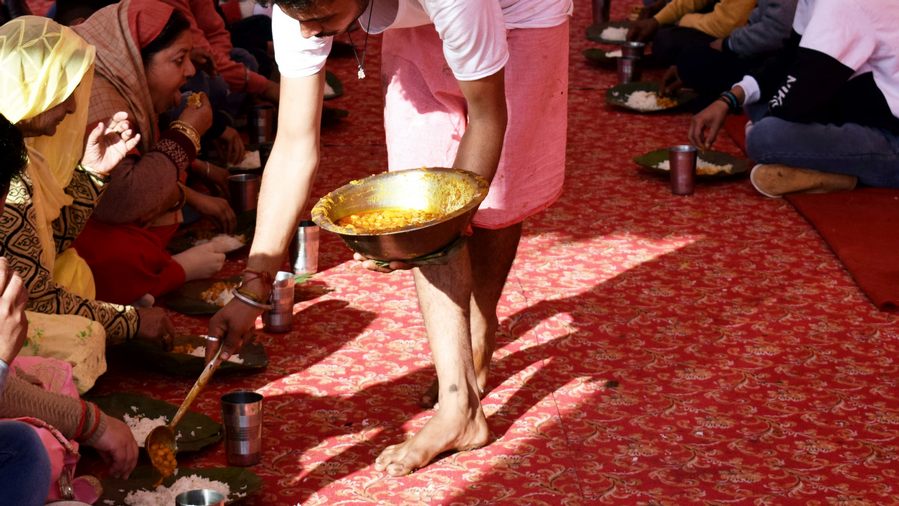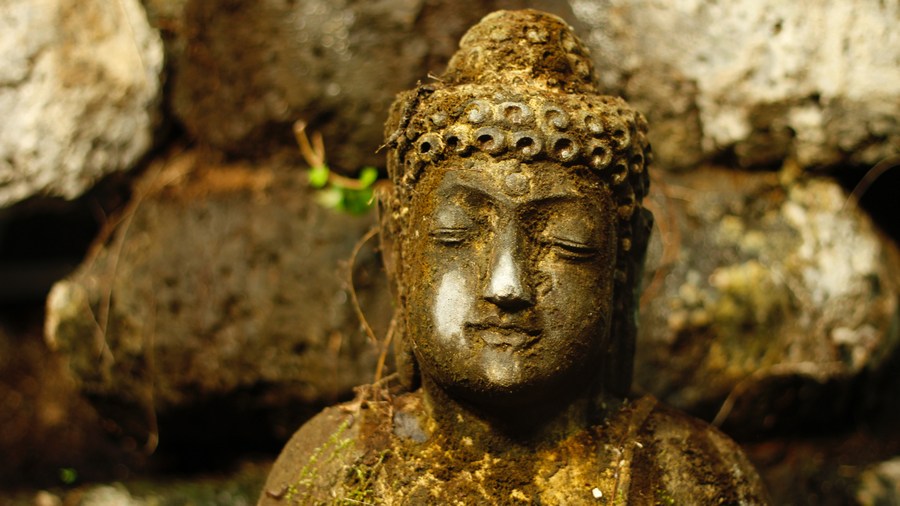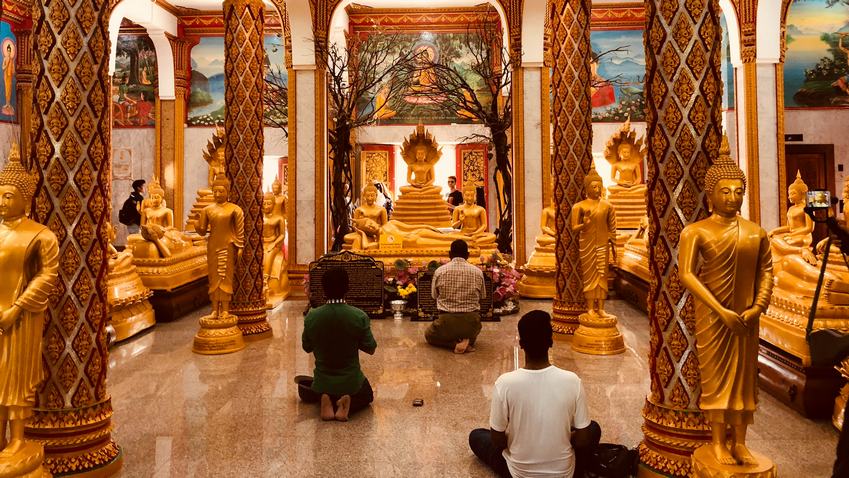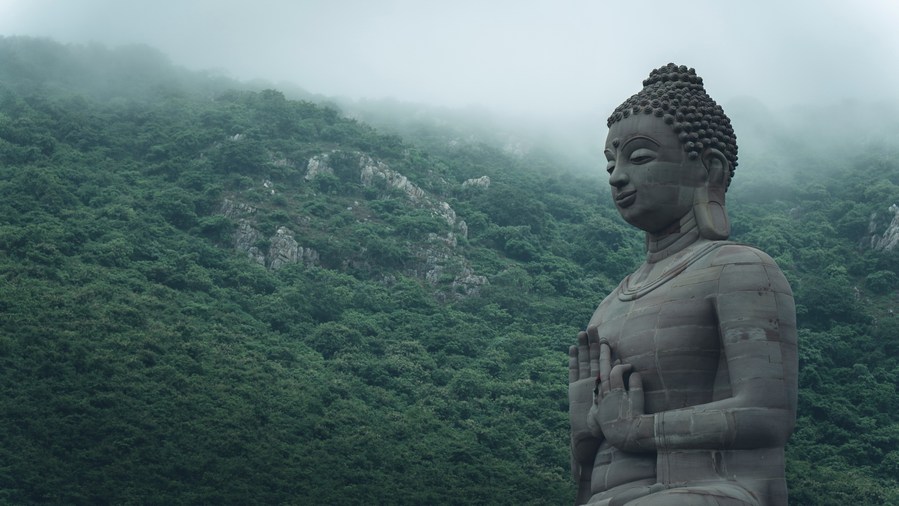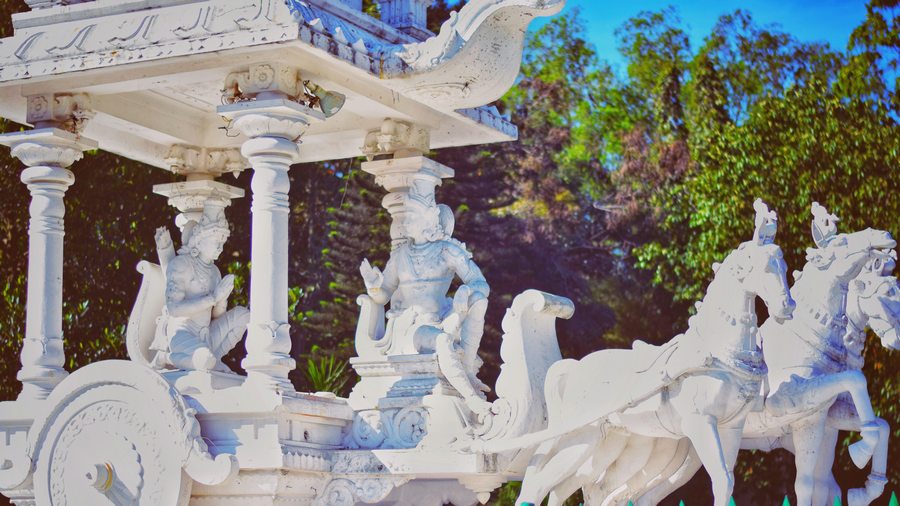“Bhikkhus, the uninstructed worldling feels a pleasant feeling, a painful feeling, and a neither-painful-nor-pleasant feeling. The instructed noble disciple too feels a pleasant feeling, a painful feeling, and a neither-painful-nor-pleasant feeling. Therein, bhikkhus, what is the distinction, the disparity, the difference between the instructed noble disciple and the uninstructed worldling?”
“Venerable sir, our teachings are rooted in the Blessed One, guided by the Blessed One, take recourse in the Blessed One. It would be good if the Blessed One would clear up the meaning of this statement. Having heard it from him, the bhikkhus will remember it.”
“Then listen and attend closely, bhikkhus, I will speak.”
“Yes, venerable sir,” the bhikkhus replied. The Blessed One said this:
“Bhikkhus, when the uninstructed worldling is being contacted by a painful feeling, he sorrows, grieves, and laments; he weeps beating his breast and becomes distraught. He feels two feelings—a bodily one and a mental one. Suppose they were to strike a man with a dart, and then they would strike him immediately afterwards with a second dart, so that the man would feel a feeling caused by two darts. So too, when the uninstructed worldling is being contacted by a painful feeling … he feels two feelings—a bodily one and a mental one.
“Being contacted by that same painful feeling, he harbours aversion towards it. When he harbours aversion towards painful feeling, the underlying tendency to aversion towards painful feeling lies behind this. Being contacted by painful feeling, he seeks delight in sensual pleasure. For what reason? Because the uninstructed worldling does not know of any escape from painful feeling other than sensual pleasure. When he seeks delight in sensual pleasure, the underlying tendency to lust for pleasant feeling lies behind this. He does not understand as it really is the origin and the passing away, the gratification, the danger, and the escape in the case of these feelings. When he does not understand these things, the underlying tendency to ignorance in regard to neither-painful-nor-pleasant feeling lies behind this.
“If he feels a pleasant feeling, he feels it attached. If he feels a painful feeling, he feels it attached. If he feels a neither-painful-nor-pleasant feeling, he feels it attached. This, bhikkhus, is called an uninstructed worldling who is attached to birth, aging, and death; who is attached to sorrow, lamentation, pain, displeasure, and despair; who is attached to suffering, I say.
“Bhikkhus, when the instructed noble disciple is contacted by a painful feeling, he does not sorrow, grieve, or lament; he does not weep beating his breast and become distraught. He feels one feeling—a bodily one, not a mental one. Suppose they were to strike a man with a dart, but they would not strike him immediately afterwards with a second dart, so that the man would feel a feeling caused by one dart only. So too, when the instructed noble disciple is contacted by a painful feeling … he feels one feeling—a bodily one, not a mental one.
“Being contacted by that same painful feeling, he harbours no aversion towards it. Since he harbours no aversion towards painful feeling, the underlying tendency to aversion towards painful feeling does not lie behind this. Being contacted by painful feeling, he does not seek delight in sensual pleasure. For what reason? Because the instructed noble disciple knows of an escape from painful feeling other than sensual pleasure. Since he does not seek delight in sensual pleasure, the underlying tendency to lust for pleasant feeling does not lie behind this. He understands as it really is the origin and the passing away, the gratification, the danger, and the escape in the case of these feelings. Since he understands these things, the underlying tendency to ignorance in regard to neither-painful-nor-pleasant feeling does not lie behind this.
“If he feels a pleasant feeling, he feels it detached. If he feels a painful feeling, he feels it detached. If he feels a neither-painful-nor-pleasant feeling, he feels it detached. This, bhikkhus, is called a noble disciple who is detached from birth, aging, and death; who is detached from sorrow, lamentation, pain, displeasure, and despair; who is detached from suffering, I say.
“This, bhikkhus, is the distinction, the disparity, the difference between the instructed noble disciple and the uninstructed worldling.”
The wise one, learned, does not feel
The pleasant and painful mental feeling.
This is the great difference between
The wise one and the worldling.
For the learned one who has comprehended Dhamma,
Who clearly sees this world and the next,
Desirable things do not provoke his mind,
Towards the undesired he has no aversion.
For him attraction and repulsion no more exist;
Both have been extinguished, brought to an end.
Having known the dust-free, sorrowless state,
The transcender of existence rightly understands.
Read this translation of Saṁyutta Nikāya 36.6 Sallasutta: The Dart by Bhikkhu Bodhi on SuttaCentral.net. Or read a different translation on SuttaCentral.net, DhammaTalks.org or AccessToInsight.org. Or listen on SC-Voice.net. Or explore the Pali on DigitalPaliReader.online.
Or read a translation in Deutsch, Español, Lietuvių Kalba, Bengali, Català, Čeština, Français, Indonesian, Italiano, 日本語, မြန်မာဘာသာ, Norsk, Português, ру́сский язы́к, සිංහල, Slovenščina, ไทย, Tiếng Việt, or 汉语. Learn how to find your language.





